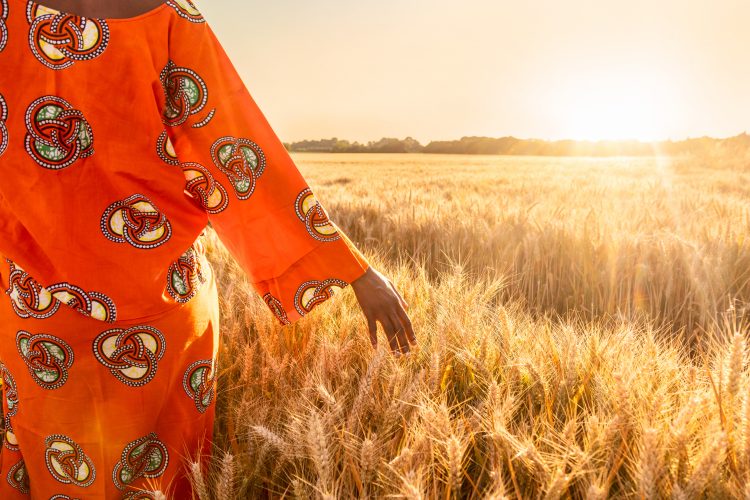Climate change affects women more, says World Food Programme
- Like
- Digg
- Del
- Tumblr
- VKontakte
- Buffer
- Love This
- Odnoklassniki
- Meneame
- Blogger
- Amazon
- Yahoo Mail
- Gmail
- AOL
- Newsvine
- HackerNews
- Evernote
- MySpace
- Mail.ru
- Viadeo
- Line
- Comments
- Yummly
- SMS
- Viber
- Telegram
- Subscribe
- Skype
- Facebook Messenger
- Kakao
- LiveJournal
- Yammer
- Edgar
- Fintel
- Mix
- Instapaper
- Copy Link
Posted: 8 March 2022 | Abi Sritharan (New Food) | No comments yet
The World Food Programme finds that the climate crisis is causing serious food insecurity for women and girls in certain parts of the world.


Today marks the 47th International Women’s Day. The annual event is celebrated throughout the world on 8 March, and has been since the UN formalised its observance in 1975.
International Women’s Day 2022 focuses on “Gender equality today for a sustainable tomorrow”, recognising the contribution of females around the world who play a crucial role in climate change adaptation and mitigation.
The World Food Programme (WFP) says women and girls often lack appropriate access to disaster information, financial services and participation in community decision-making and resource allocation. Such inequalities undermine the ability of women to prepare for, cope with and recover from climate shocks and stresses.
“Women and girls are disproportionately affected by climate change, so they need to be equipped with skills for the future they are walking into”, stated Ugandan climate change activist and founder of the Africa-based Rise Up Movement, Vanessa Nakate, in an interview with UN Women. “When we educate more girls and empower more women, this is a solution that reduces already existing inequalities that so many girls and women face, this is a solution that will give climate resilience to women and girls.
Currently, WFP is providing variations of micro-insurance and support targeting female producers in Malawi, Zimbabwe, Zambia, Mozambique, Madagascar, and other African countries.
“Women are the bedrock of food security and yet are hardest hit by climate shocks and food insecurity,” said WFP’s Assistant Executive Director, Valerie Guarnieri. “A sustainable future is only possible when women and girls have what they need to adapt to the changing climate.”
Evidence suggests that southern Africa is being hurt more than other regions by climate change – and that women and girls are bearing the brunt, according to WFP. Southern Africa’s temperatures are rising at twice the global average, triggering more frequent and severe storms, and longer droughts, deepening already widespread hunger.
Much of that hunger is in rural areas, among subsistence farming families, many of them headed by women. In addition to this, women and children make up most of the climate refugees who have fled southwestern Angola’s worst drought in 40 years, hoping neighbouring Namibia offers a better chance of survival.
“The World Food Programme works hard to enable vulnerable communities across southern Africa withstand the impacts of climate change, by investing water conservation, reforestation and other adaptation measures”, said Regional Director Haile Menghestab. “Improving the lives of women and girls is central to those efforts”.
WFP states that in a year when humanitarian needs are on an upward trend and aid agencies are stretched thin, supporting communities vulnerable to the harsh realities of the climate crisis is “the need of the hour”.
The WFP point out that the climate crisis intensifies pre-existing gender inequalities, jeopardises the food security of females and feeds instability and migration.
“When you see a sports match, you can’t play with just half of the team. When you play with half the team, you most likely will lose. Women’s leadership is important because we need women in spaces where decisions on their wellbeing is discussed, especially decisions about the future of our planet. It is a basic right for women to be in leadership spaces,” added Nakate.
“If you want to do something – there is so much power in your voice. No one is too small to make a difference and no action is too small to transform the world”, she concluded.
Related topics
Food Security, Recruitment & workforce, Research & development, Sustainability









